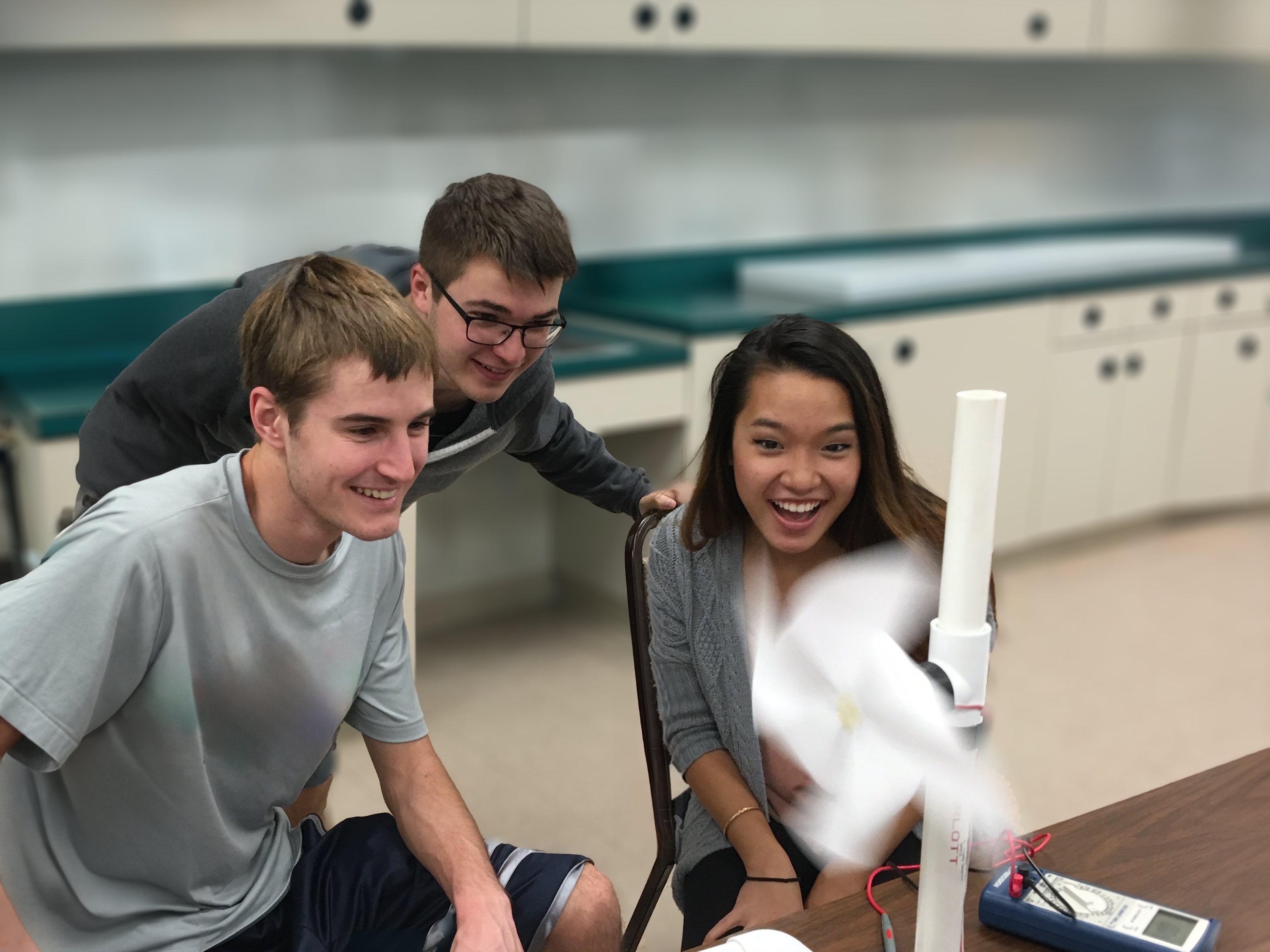Physics serves as the foundational bedrock of scientific understanding, encompassing the exploration of matter, energy, and their intricate interplays. This intricate field not only forms the cornerstone of all sciences but also extends its influence into the realms of applied sciences and engineering. From delving into the realm of subatomic particles to unraveling the mysteries of celestial bodies and the universe on a cosmic scale, physicists explore a vast spectrum. Their investigations span the minutest constituents of matter, like semiconductors in solid-state physics, to the complex dynamics of chaos.
Given that physics constitutes the essential framework supporting both science and technology, individuals pursuing a physics major open themselves to a myriad of career opportunities. Many opt to advance their education by enrolling in graduate and professional programs, spanning disciplines such as physics, chemistry, biology, geology, engineering, medicine, law, and business. Meanwhile, those who choose to directly enter the workforce leverage their comprehensive knowledge and technical skills. Notably, their adeptness in problem-solving, modeling, and their prowess in navigating the realms of computers and electronics stand as compelling assets.
Majors in Physics
- BS in Physics (Preferred)
- BA in Physics
If you want to become a Physics Major you may contact the Undergraduate Coordinator in Physics or contact LAS Advisising.
A Physics Major goes great with a Math Major .
Minor in Physics
Inter-College Double Major
An inter-college double major allows a student to complete an academic degree and major in one of the professional colleges (Barton School of Business, College of Applied Studies, College of Engineering, College of Fine Arts, College of Health Professions) along with a major in Fairmount College of Liberal Arts and Sciences. The following criteria and policies apply:
- The student’s professional college will be their primary college and LAS will be their secondary college.
- The established degree requirements for each major must be completed; but for the inter-college double major, individual courses can be used to satisfy the major requirements of both majors.
- Students must complete all graduation requirements (general education, core courses and college required courses) within their primary college, but are not required to complete all the graduation requirements of their secondary college.
- The diploma will be awarded by the student’s primary college. The academic department within the student’s secondary college must verify that the student has satisfied the requirements of their major.
- The student’s academic transcript will indicate both majors.
A student in any major can earn an Honors College distinction by completing at least 12 credits to complete an Honors track or 24 or more credits to be awarded the more ambitious University Honors minor or Honors Baccalaureate degree.
Not yet an Honors student? Click here to Apply to Honors
Are you a physics enthusiast wondering about the exciting career possibilities that lie ahead? Look no further! We've curated a collection of invaluable resources from the American Physical Society (APS) to guide you through the journey of becoming a successful physicist. Whether you're just starting your undergraduate studies or are about to embark on your professional adventure, these resources offer insights, advice, and inspiration to help you make informed decisions about your future.
🚀 Discover Your Potential: Explore diverse career options available to physics graduates, ranging from academia and research to industry and beyond.
📚 Build Your Path: Get tips from seasoned professionals on how to pave your way towards a fulfilling physics career, including advice on internships, networking, and skill development.
🔗 APS Career Guidance: Ready to take the next step? Dive into APS's comprehensive Undergraduate Physics Career Guidance section, where you'll find a wealth of resources tailored specifically for students like you.
Remember, your journey as a physicist is unique, and there's a world of opportunities waiting for you. Take the first step by exploring the APS career guidance materials and setting yourself up for a successful and rewarding future in physics!
If you need help with deciding on a career path, check out the Shocker Career Accelerator at Wichita State University.


